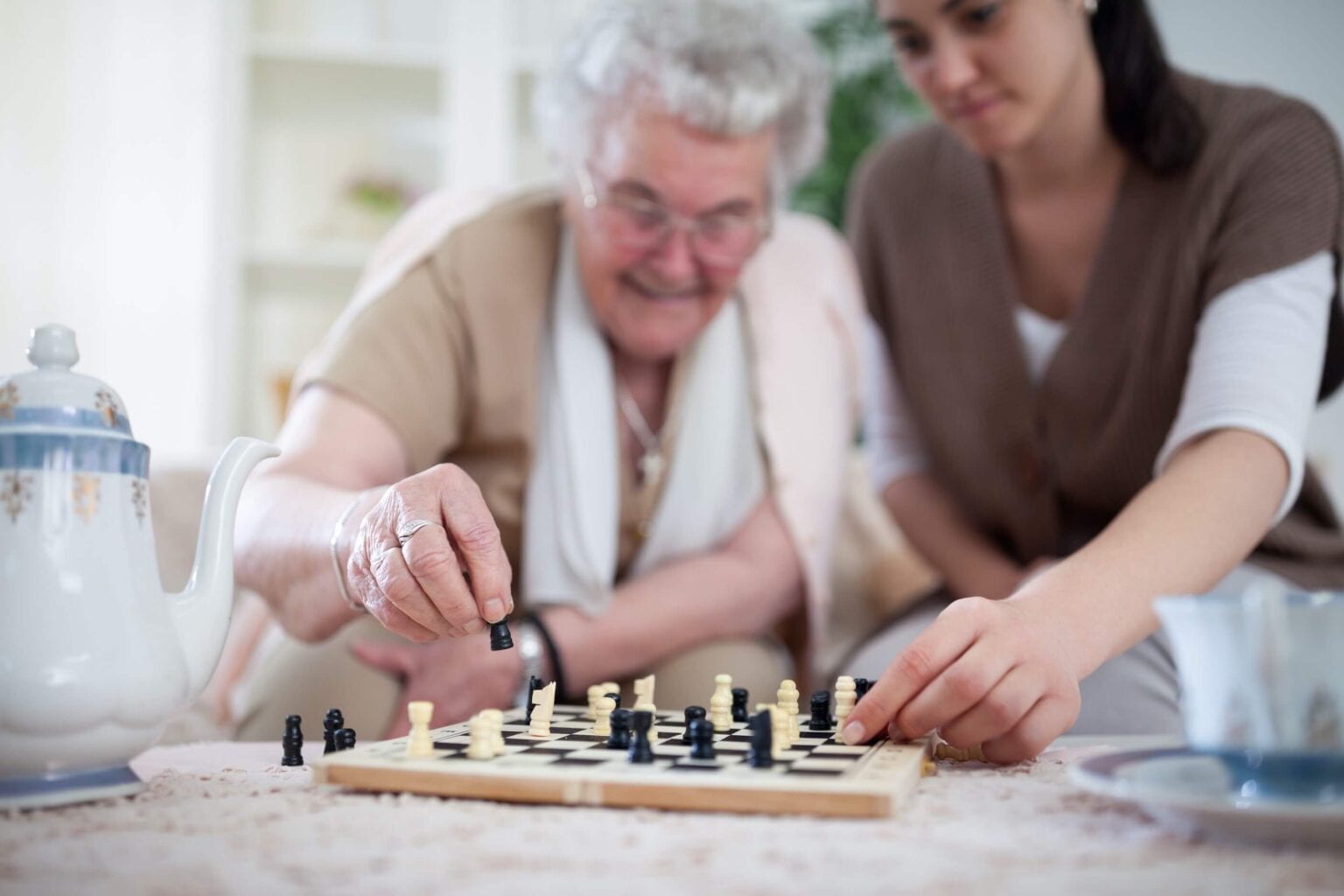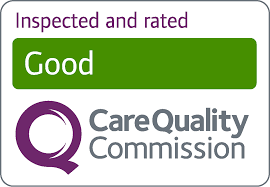The number of people living with dementia in the UK is set to increase to over 1 million by 2021 and over 2 million by 2051 and this number is increasing as people are living longer. When a relative or loved one starts developing dementia, every family member is affected and will be trying to cope with their own feelings. How to explain dementia to a child is particularly challenging as children are naturally inquisitive and will question everything. They will not properly understand what dementia is or why grandma or grandpa is forgetting their name or putting salt in their tea!
Often, children may not really notice that their relative’s behaviour is changing as the symptoms of dementia are mild to start with, and worsen over time. The best way forward to explaining dementia to a child is to talk openly about the disease and prepare them for what they can expect.
How to explain dementia to a child or young person
1) Be honest
Children want adults to be completely open about a dementia diagnosis, so be honest in an age-appropriate way. Children naturally pick up things quickly and although you may be trying to protect your child from what’s happening to a relative, they may actually worry more. It’s better to be open, and answer their questions as they arise.
2) Explain age – appropriately
With younger children, explain that just how you get a tummy ache, grandma or grandpa’s brain is also sick and this causes them to forget things and act strangely. Although grandma or grandpa looks the same on the outside – inside their brain is changing.If your child is at primary school age, research has found younger children wanted to know more about what to do when they go to see them, whereas Key stage 2 children are more scientific and were more interested in the brain and how it changes in dementia. If you are unsure about how much to say about their dementia, let your child ask the questions which will help you determine your child’s current level of understanding of the situation.
3) Get them to help
Children naturally love helping. Discuss with them about how they can help a family member living with dementia. Emphasise to them that showing love and affection is more important. Younger children can help Grandma or Grandpa’s house by dusting or setting the table for tea. Older children could listen to music, look at old family photos together or put together a life story book or a memory box for them. They could even do some fundraising for the Alzheimer’s Society or other dementia charities. Remember to give them the option to help, but don’t force them to take on more than they are comfortable with.
4) Prepare for a wide range of emotions
If grandpa yells at them or makes false accusations, children get upset and think they did something wrong. It’s vitally important to explain to them that it’s the disease causing him to and say strange and hurtful things. Grandpa can’t control his words or actions, which is scary for him and makes him really upset. Children may also feel guilty if they become bored or irritated as Grandma or Grandpa is constantly repeating questions to them.
5) Resources
There are a variety of resources available to help you explain dementia to a child. The alzheimer’s society has a range of books for younger children to increase their understanding about dementia and how they can help. Dementia UK also has a lovely animated video about how to explain dementia to a child which you can watch together.
Are you caring for someone with Dementia?
If you’re looking for extra support at home for a loved one then our dementia carers are here to help from 30 minutes per week to around the clock live in care. Our dementia carers are highly experienced in providing dementia care and understand the different stages of Dementia and how to help loved ones and their families.
We’re here to help. Discover how our home care agency can help you or a loved one today, please email us or call our care team for an informal chat on: 0800 138 4030.
Schedule a free assessment
Get in touch to speak with our care team about your ideal care plan.



